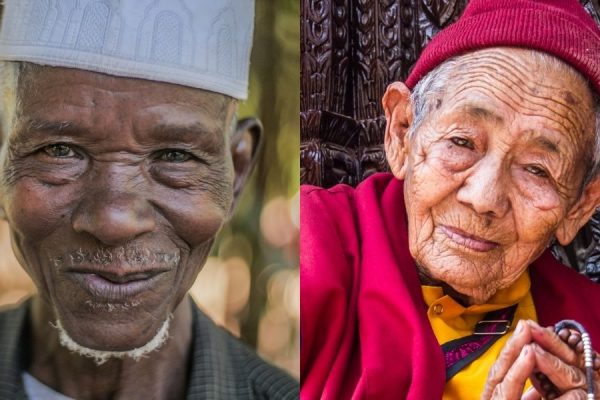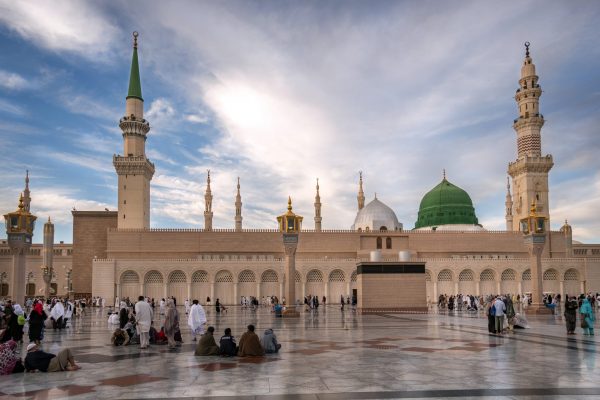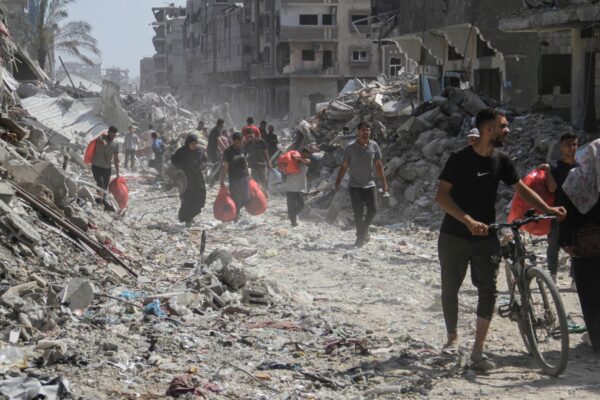Such a statement is a narrow minded and self-serving narrative.
Such a statement is a narrow minded and self-serving narrative.
With oppressive, corrupt, and unelected regimes in most Muslim majority countries, many Muslims and non-Muslims have come to believe that today, non-Muslim NATO member countries represent what just governance looks like. This conclusion regularly nudged in a subtle manner by the dominant corporate media is pure conjecture.
The propagation of an “unjust Orient” versus the “just West” is a narrow minded and self-serving narrative. It deliberately ignores the fact that most oppressive regimes in the Muslim world are sustained in power through Western backing and their looted fortunes are securely guarded in the banks and vaults of the so-called Western democracies.
With this in mind, it is nevertheless a fact that in many Western countries some aspects of governance are more just and humane than in most Muslim countries. Why is this the case? We would like to provide practical responses to this issue without theorization.
On the Muslim side, let us take a brief look at Iran and Malaysia, on the NATO side let us consider France and the US. In the latter two (the US and France), bigotry based on race and ethnicity is part of normal political discourse.
For example, a study conducted in France in 2015 showed “that men who identified [themselves] as practicing Muslims had a 4.7% chance of being asked for a job interview, compared to 17.9% of practicing Catholics. The overall figure for men and women showed Catholics were twice as likely as Muslims to get a callback for a job interview.
The job application discrimination against Jews was apparent but not as pronounced, with a 15.8% chance of landing an interview. The study was carried out by Marie-Anne Valfort, a senior lecturer at Sorbonne University in Paris, who sent 6,231 responses to job adverts between 2013 and 2014.”
The above racist reality can be explained away as not an official policy of the French government, but of the private sector. This deceitful explanation might make sense if top French politicians would not manifest their bigotry in a blatant manner and on a regular basis. For example, in March 2016, Minister for Women’s Rights Laurence Rossignol compared women who choose to wear conservative Islamic dress to the “American negroes” who once supported slavery and got only a slap on the wrist for her bigotry.
In Iran on the other hand, no politician would dare make statements against other ethnic or religious minorities, anything akin to the ones made by French politicians. The post-Islamic Revolution government in Iran includes many Azeris, Arabs, and the only female mayor in Iran, Samiyeh Balochzehi, 26, is a Sunni Muslim. With all these positive features, the corporate media managed to construct an image of Islamic Iran to be a complete antithesis of inclusiveness. With all of the above in mind, it does not mean that Islamic Iran is a racial utopia. Even during the governance of the four Khulafa’ al-Rashidun there were racial problems.
In Malaysia, domestic politics is highly racialized. Yet, due to Malysia’s subservience to the strategic interests of NATO powers, its highly racialized internal political dynamics are rarely propagated and when it is done, it is made sure to be linked to Islam.
There is another label the corporate media tries to attach to Muslim countries. That label can be called a security paranoia. True, most Muslim countries are police states, but who often trains and arms those brutal police forces in Azerbaijan, Bahrain, Saudi Arabia, etc? Perhaps the most important reason why even elected Muslim governments like in Turkey, Iran, or Lebanon appear to be very security conscious is because the phenomenon of aggressive external interference is a reality for these countries. Imagine if Russia, China, and Japan made a decision to arm and back the Basque national liberation movement in Spain in the same manner as NATO has done in Syria. Spain would be Ukraine 2.0.
Muslims and non-Muslims are welcome to criticize the shortcomings of Muslim governments, but such criticism must be fair and consider factors purposely belittled by the corporate media.
This article was first published by Crescent International in its February 2017 edition.





